The college and its divisions are home to a wide variety of research facilities, many of which attract competitive federal funding. Their missions include goals related to research, education, and outreach. Their focus areas address diverse issues such as the environment, plant and animal biology, and human health and well-being.

August A. Busch III Brewing and Food Science Laboratory
The August A. Busch III Brewing and Food Science Laboratory houses the UC Davis Brewing Program's brewery as well as a food processing pilot plant.

Avian Research and Teaching Facilities
The Avian facilities has three locations across campus.

California Processing Tomato Industry Pilot Plant
The California Processing Tomato Industry Pilot Plant has 8,000 square feet of research space supporting undergraduate education, academic research, and industry research and development.

Contained Research Facility
The Contained Research Facility provides researchers with the opportunity to investigate invasive plant pests that otherwise could not be studied under normal laboratory conditions.

Dairy Teaching and Research Facility
The UC Davis Dairy Teaching and Research Facility has a milking herd of 105 cows, excluding dry cows, are milked two times per day in a modern single herringbone parlor with automatic takeoffs, cow identification and production recording.
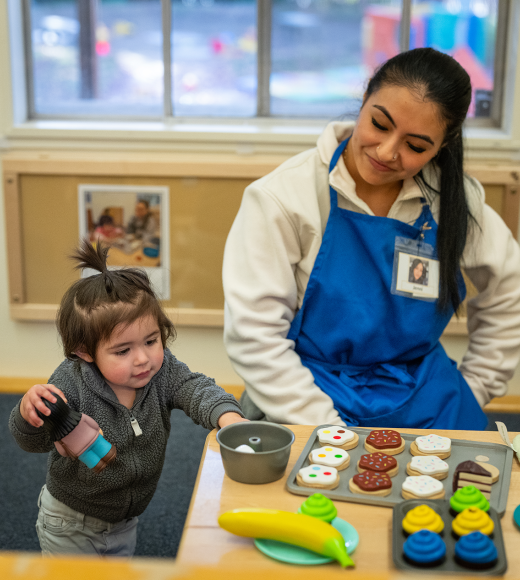
Early Childhood Laboratory
The Early Childhood Laboratory provides a model early childhood program, a site for research and observation, and an educational experience for Child Development students at the Center for Child and Family Studies.

Goat Teaching and Research Facility
The Goat Teaching and Research Facility operates under the daily management of a herd manager who is assisted by part-time student employees (including two barn residents) and facility interns.

Greenhouses
CA&ES manages 162 greenhouses and related facilities that offer a total of 155,000 sq. ft. for research and teaching on the UC Davis campus.

Horse Barn
The Horse Barn has been a mainstay of UC Davis since its foundation in the early 1910s. The barn's program features a teaching research, and breeding herd of about 40 horses at the UC Davis animal science horse barn.

Informatics Computer Labs
The computers labs provide a modern teaching environment for industry-standard software in agricultural and environmental sciences.

Jess S. Jackson Sustainable Winery Building
In May 2013, the Department of Viticulture and Enology opened the 8,500 square-foot Jess S. Jackson Sustainable Winery Building. When fully equipped, it will enable the winery to become the first self-sustainable, zero-carbon teaching and research facility in the world.
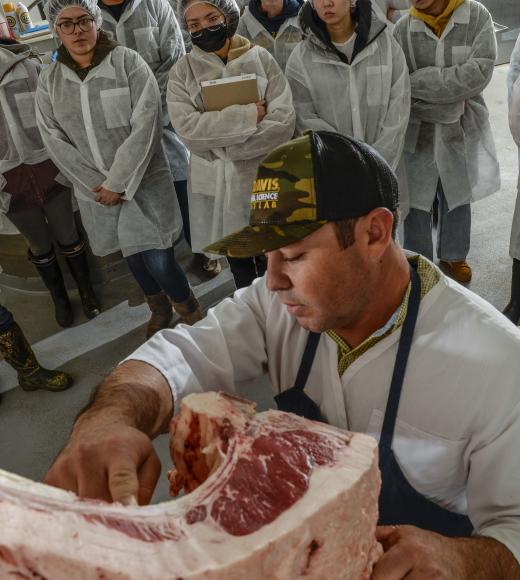
Meat Laboratory
The Meat Lab is part of the Department of Animal Science and is used for teaching and research activities. It is a 5,000-square-foot facility containing a multi-species kill floor, carcass coolers, processing room, cutting room, analytical lab, classroom, and freezers.
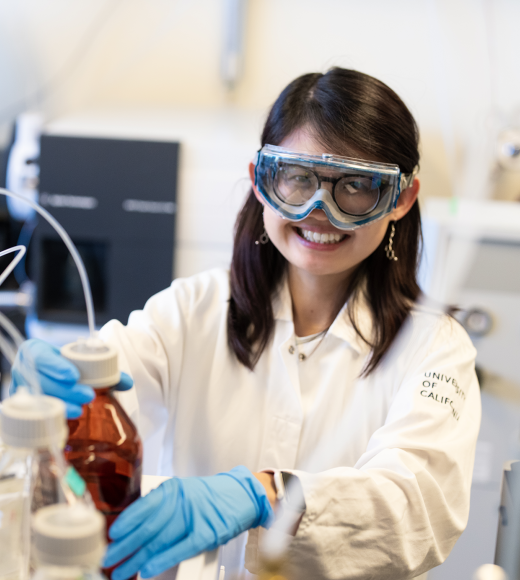
Milk Processing Lab
Our Milk Processing Laboratory was designed and built to enable collaborative and multi-disciplinary food science research to bring exciting innovations to the food industry, particularly in the realm of novel methods for the fractionation and recovery of bioactive milk components.
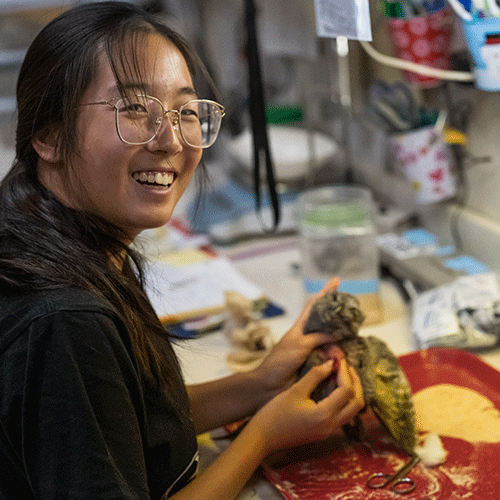
Museum of Wildlife and Fish Biology
With over 60,000 specimens the Museum of Wildlife and Fish Biology is among the top ten collections in California, and the third largest university-managed collection in the state.

Plant Transformation Facility
The Ralph M. Parsons Foundation Plant Transformation Facility was established to provide cost effective plant transformation and plant cell biology services for the plant research community.

R.M. Bohart Museum of Entomology
The Bohart Museum of Entomology has the seventh largest insect collection in North America, which is worldwide in coverage. The collection holdings total more than seven million specimens, and focus on terrestrial and fresh water invertebrates.
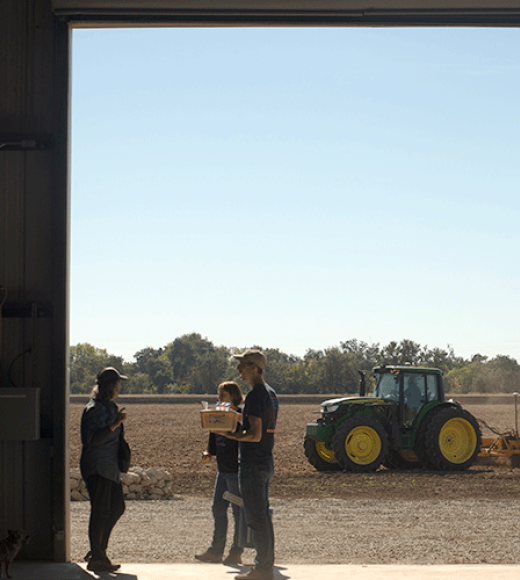
Russell Ranch Sustainable Agriculture Facility
The Russell Ranch Facility is a unique 300-acre facility near the UC Davis campus dedicated to supporting UC Davis’ research, extension, and teaching missions.

Sheep Teaching and Research Facilities
The Sheep program is committed to the three missions of the University of California: teaching, research and outreach. The facilities include two large barns, 30 dry lot enclosures and approximately 15 acres of irrigated pasture. 300 head of Suffolk, Rambouillet, Polypay and Crossbreds are maintained.

Student Farm
The Student Farm is a community where students work to create, maintain, and explore sustainable food systems.

Swine Teaching and Research Center
The swine center contains more than 9,000 square feet of inside, enclosed space that houses a class and meeting room, student apartments, lab, office, break room, storage area, feed and work areas, as well as two farrowing rooms and two nursery rooms. The herd is composed of 60 sows and 13 males.

Teaching and Research Winery
The Teaching and Research Winery, a high-tech facility for making wine, beer and processed food, was constructed entirely with private funding. It is the first winery in the world to be LEED Platinum certified and features solar panels, rainwater capture, reduced energy use and other green technologies.

UC Davis Honey Bee Haven
The UC Davis Bee Haven is a unique outdoor museum where visitors can observe and learn about bees and the plants that support them.

Wolfskill Experimental Orchards
Since the university acquired the Wolfskill property in 1938 the majority of land has been used for plant breeding and cultivar evaluation projects.